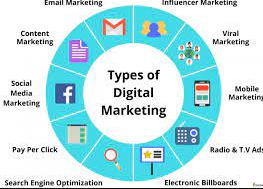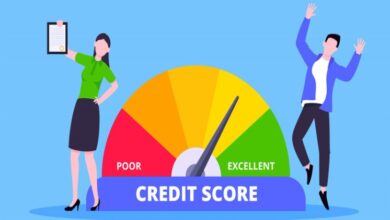basic digital marketing course

A basic digital marketing course typically covers a range of topics that are essential for understanding and implementing effective digital marketing strategies. While the specific curriculum may vary from course to course, here are some detailed areas that are commonly included:
Introduction to Digital Marketing:
- Introduction to Digital Marketing:
- Understanding the significance of digital marketing in the modern business landscape.
- Exploring the benefits of digital marketing over traditional marketing methods.
- Overview of the different digital marketing channels and their roles.
- Website Planning and Development:
- Website design principles, including user experience (UX) and user interface (UI) considerations.
- Website structure and navigation for optimal user engagement.
- Basics of HTML, CSS, and content management systems (CMS).
- Creating compelling and relevant website content.
- Search Engine Optimization (SEO):
- Importance of SEO in improving website visibility on search engines.
- On-page optimization techniques, including meta tags, headers, and URL structures.
- Off-page optimization strategies such as link building and social signals.
- Monitoring and measuring SEO performance using tools like Google Analytics.
- Search Engine Marketing (SEM):
- Introduction to search engine marketing and its role in paid online advertising.
- Keyword research and selection for effective ad targeting.
- Budgeting, bidding strategies, and optimizing ad performance.
Social Media Marketing:
- Social Media Marketing:
- Overview of major social media platforms and their unique characteristics.
- Creating engaging social media content, including images, videos, and captions.
- Developing a social media strategy based on target audience and goals.
- Leveraging social media advertising to reach a wider audience.
- Analyzing social media metrics to measure campaign effectiveness.
- Email Marketing:
- Building an email list and segmenting subscribers for targeted campaigns.
- Creating effective email campaigns with compelling subject lines and content.
- Understanding email deliverability and best practices to avoid spam filters.
Content Marketing:
- Content Marketing:
- Understanding the role of content marketing in attracting and engaging customers.
- Creating valuable and shareable content across different formats (blogs, videos, infographics, etc.).
- Developing a content strategy based on audience needs and preferences.
- Content distribution strategies, including social media sharing and guest blogging.
- Measuring content performance through metrics like traffic, engagement, and conversions.
- Analytics and Reporting:
- Introduction to web analytics tools like Google Analytics.
- Setting up analytics tracking on websites to collect relevant data.
- Interpreting data to gain insights into user behavior and campaign performance.
- Creating custom reports and dashboards to monitor key metrics.
- Using data to optimize digital marketing strategies and campaigns.
A basic digital marketing course provides an introduction to the fundamental concepts and strategies used in digital marketing. It is designed to help individuals acquire knowledge and skills necessary to navigate the digital landscape and effectively promote products or services online. Here’s an overview of what you can expect from a basic digital marketing course:
- Introduction to Digital Marketing: The course will start with an overview of digital marketing, explaining its importance, benefits, and various channels available.
Website Planning and Development
- Website Planning and Development: You’ll learn about website planning and design principles, including user experience (UX) and user interface (UI) considerations. Topics may cover website structure, navigation, responsiveness, and content creation.
- Search Engine Optimization (SEO): SEO techniques will be covered to help you understand how to optimize websites for better visibility in search engine results. This may include keyword research, on-page optimization, link building, and SEO analytics.
- Search Engine Marketing (SEM): The course will introduce you to paid advertising platforms, such as Google Ads, and teach you how to create effective search engine marketing campaigns. You’ll learn about keyword bidding, ad copywriting, budgeting, and campaign optimization.
- Social Media Marketing: This section will focus on leveraging social media platforms like Facebook, Instagram, Twitter, and LinkedIn for marketing purposes. You’ll learn about content creation, audience targeting, social media advertising, and analytics.
It’s important to note that the depth and specific topics covered may vary depending on the course and its duration. Some courses may also provide practical exercises, case studies, or real-world projects to enhance your learning experience. Additionally, certifications such as Google Ads or Google Analytics certifications may be offered as part of the course or as separate options to demonstrate your proficiency in specific digital marketing areas.
Overall, a basic digital marketing course provides a solid foundation for individuals looking to enter the field of digital marketing or enhance their existing knowledge and skills in this domain.




